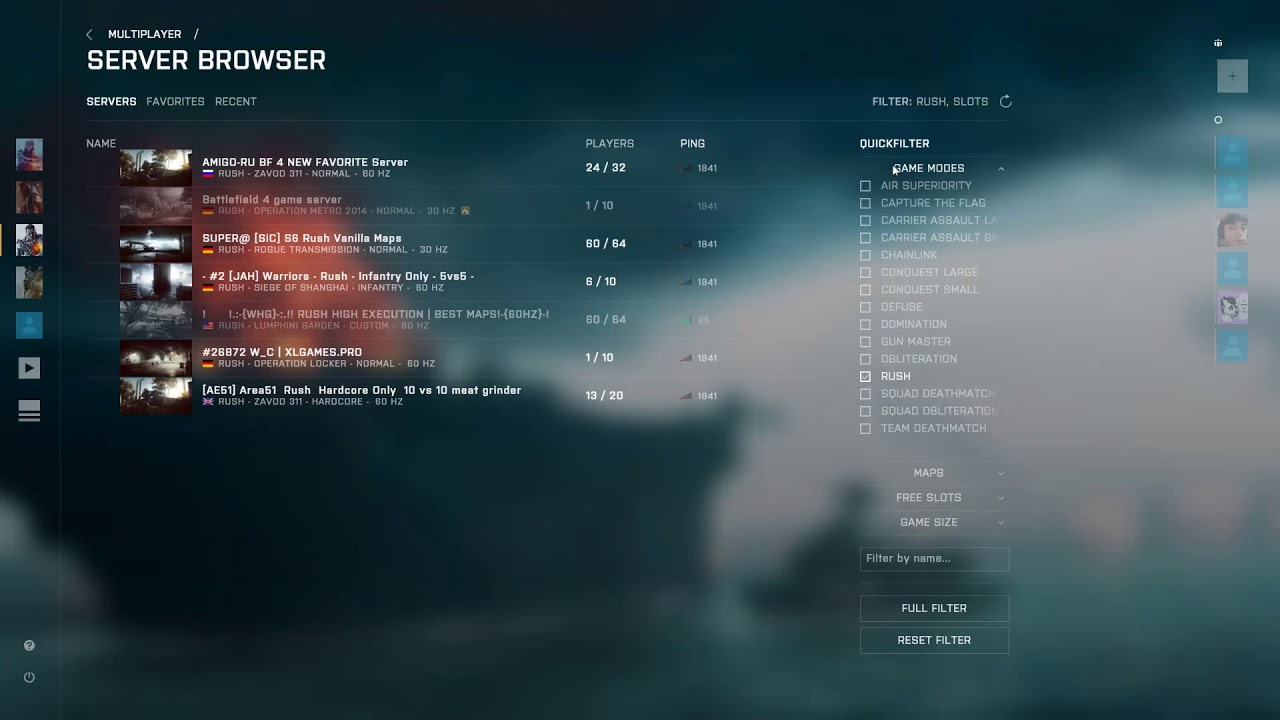The highly anticipated release of Battlefield 6 has gamers buzzing, and recent confirmations from Battlefield Studios have added another layer to the discussion: a server browser is indeed coming. However, as is often the case in the complex world of game development, there’s a nuance that has sparked considerable debate among the player base. This server browser, while present, will operate with a specific limitation, echoing a design choice seen in its predecessor, Battlefield 2042.
The Portal`s Promise: Community-Driven Connection
According to an official FAQ from Battlefield Studios, the server browser in Battlefield 6 is exclusively tied to the game`s innovative Portal mode. This feature, which debuted in Battlefield 2042, allows players unprecedented freedom to craft and customize their own game types with unique rules and settings. In Battlefield 6, this creative canvas expands further, enabling players to design their own maps. The developers assure that finding a desired game type within Portal will be “easily findable” directly from the main menu, promoting user-generated content front and center.
From the developer`s perspective, this approach is a strategic move. Alexia Christofi, a producer for Battlefield 6, has engaged directly with the community regarding their feedback on server browsers. She stated that the Portal mode`s server browser “answers all these wants” by allowing players to find community experiences, even noting that these modes will support full XP gains and receive prominent placement. It`s a vision where the community itself becomes the primary curator of diverse gameplay experiences, moving beyond a rigid, developer-controlled playlist.
The Player`s Predicament: A Longing for Traditional Control
For many veteran Battlefield players, the concept of a server browser extends beyond just custom games. The traditional server browser offered a vital tool for player agency: the ability to select specific official maps, game modes, and, crucially, servers based on their geographic region and ping. This level of control ensures a smoother, more predictable online experience, allowing players to avoid high-latency connections or game modes they dislike. The absence of a server browser for official servers, meaning core game modes will rely solely on traditional matchmaking, has raised eyebrows.
There`s a subtle irony in being told that a community-driven feature “answers all wants” when the underlying desire for direct access to official, curated experiences remains unaddressed. While the creativity of the Portal mode is undeniable, some players simply seek the straightforward reliability of an official server running a classic Conquest match without having to depend on a community replica.
The Unofficial Echoes: Will Players Recreate Official Playlists?
A predictable outcome of this design choice is the strong likelihood that the community will leverage Portal to create servers that mimic official game types and maps. Players, driven by the desire for specific experiences and optimized connections, will likely fill the void by replicating the very servers the developers chose not to expose via a browser. While this showcases the ingenious adaptability of the player base, it also presents potential drawbacks:
- Fragmentation: The “official” experience could become scattered across numerous community-run servers.
- Quality Control: While many community servers are excellent, the overall quality and consistency might vary significantly.
- Longevity: Community servers are dependent on individual owners or groups, meaning their availability can be less reliable than official infrastructure.
This dynamic creates an interesting tension: the developer provides the tools for player freedom, but by not applying that freedom to their own curated content, they might inadvertently push players to use these tools to recreate what was arguably simpler to access in the past.
Gazing Towards the Beta: The Real-World Test
As Battlefield 6 gears up for its open beta, scheduled to begin on August 7th, players will have their first opportunity to experience this server browser philosophy firsthand. This beta period will be crucial for both the developers to gather real-world feedback and for the community to truly understand the implications of finding matches through a combination of Portal`s browser and traditional matchmaking for official playlists.
Ultimately, the success of this approach will hinge on how seamlessly the Portal server browser integrates into the overall player experience and whether the community genuinely embraces it as a comprehensive solution. It`s a bold move, attempting to pivot player expectations from traditional server lists to a more community-centric ecosystem. Whether this is a stroke of genius or a slight misstep in understanding core player habits remains to be seen, but one thing is certain: the conversation around how we connect in Battlefield is far from over.

